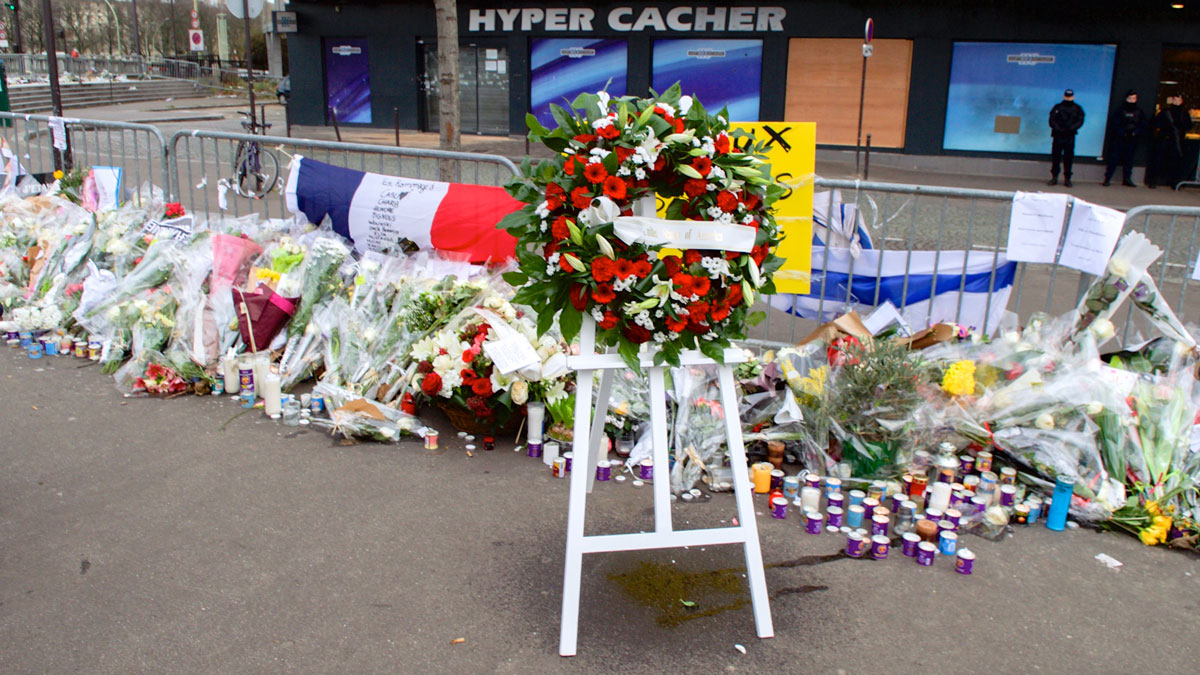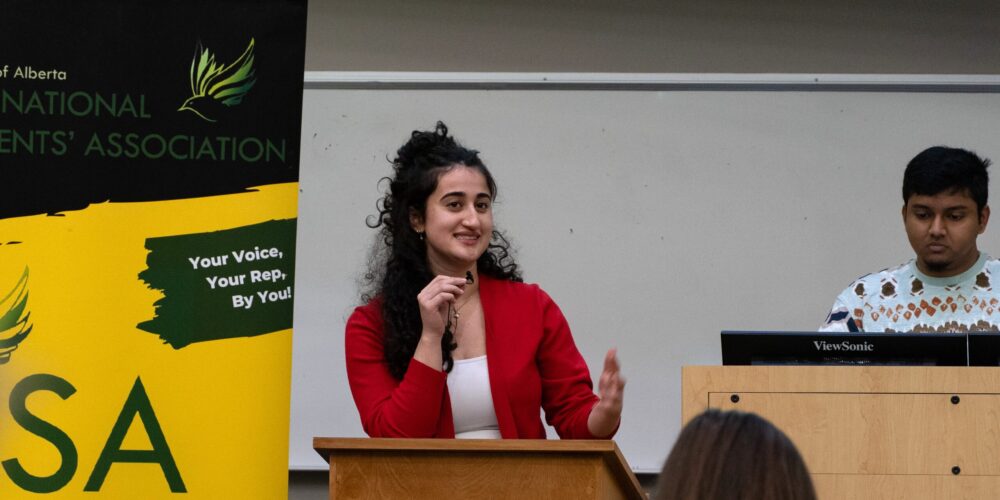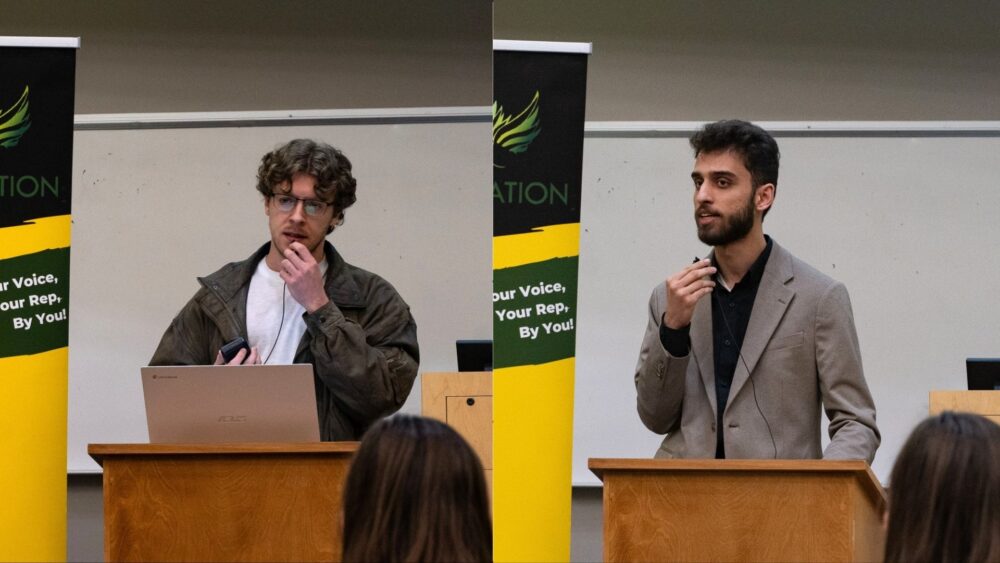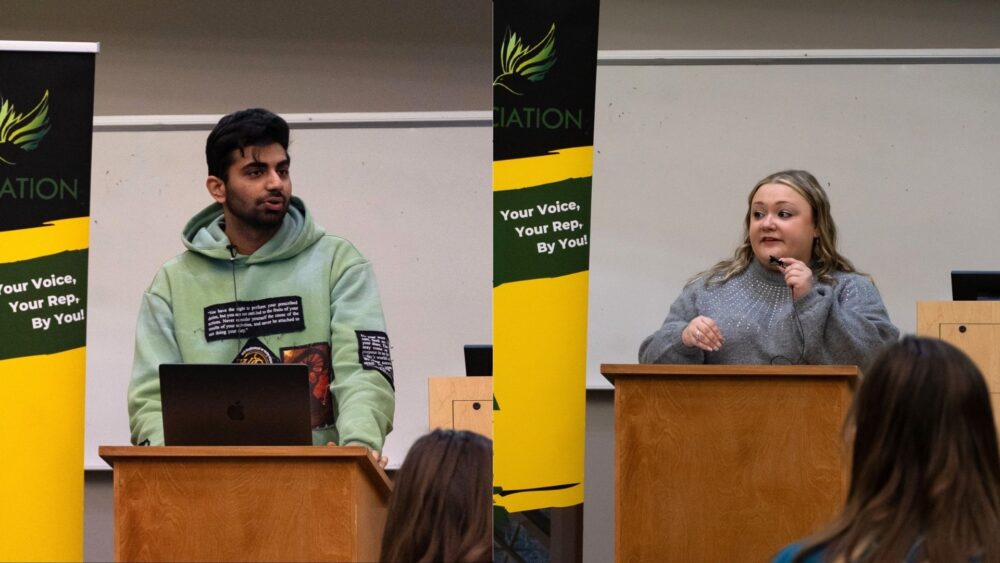Lack of public outcry over attacks in the Middle East fuels resentment of the West
 Supplied
SuppliedOn July 3, an ISIS-coordinated car bombing struck Baghdad, killing nearly 300 people. The bomb detonated in the middle of a busy market in the Karrada neighborhood shortly after midnight, when many Muslims had begun gathering to break their Ramadan fasts. Despite the large number of people killed, no news of the attack appeared on my social media feeds outside of my dedicated news apps.
Following the ISIS attacks on Paris, that killed 130 people last November, my social media feed was flooded with endless articles about the tragedy, the attacks fuelling a multitude of passionate rants from my friends online. Facebook itself responded to the attacks by introducing a feature which allowed users to show their support for the victims by adding a French flag filter to their profile picture. The support for Paris seemed to be a glorious demonstration of human empathy that bypassed literal and figurative borders.
But why did this attack garner so much attention and sympathy while recent ones the Middle East have not? 45 people were killed in an ISIS-associated attack on Atatürk Airport in Turkey. 28 people were killed by Islamic extremists in Dhaka, Bangladesh, on Canada Day. 4 people were killed by Palestinian extremists in Tel Aviv. When you add these numbers to the rising death toll in Baghdad, the body count eclipses that of the attack in Paris. Still, few people seem to care.
The way Western media describes attacks like Dhaka and Tel Aviv often don’t focus on the deaths, but instead focus on the political motivations of the attacks. This lack of attention paid to the victims desensitizes Western media audiences by turning the attacks into political consequences instead of tragedies. Reuters described a Beirut neighbourhood where a 2015 ISIS bombing took place as a “Hezbollah bastion,” but failed to mention that three of the victims were Lebanese-Americans.
In comparison, attacks on Western soil are described using emotional language sympathetic to the victims, exemplified when The Daily Telegraph described the Paris attacks as “the bloody siege on Paris,” or when The Guardian described Omar Mateen entering the Pulse nightclub in Orlando “with the intent of evil” before he killed 49 people. The juxtaposition between the descriptions is staggering, and sadly explains why so few people in the West react in shock to extremist attacks in the Middle East, but so many react strongly to attacks in the West.
This doesn’t excuse the lack of outrage and grief in the face of these recent attacks, however. The West has allowed the media to reduce the deaths in the Middle East to mere statistics, removing any meaningful, emotional impact they may have. Through apathy, the West alienates Muslims throughout the Middle East, fulfilling a primary goal of Islamic extremist groups by fueling anti-Western sentiments, which only reinforces support for their causes.
Please do not pass off the deaths of victims in the Middle East. Share news articles, rant passionately on Facebook, and prove that their lives mean more than numbers. Because if we continue to disregard these attacks as nothing more than commonplace political events and the resulting deaths as statistics, we only perpetuate the resentment that these extremist groups feed on.




